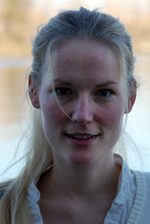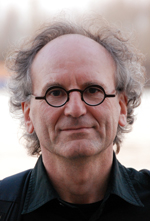What does intercultural dialogue mean to you?

Nadedja Caprar (Moldova – NORLAM)
It means that even though people are diverse – with different backgrounds, traditions and lifestyles – they can still talk, cooperate and live together. In my opinion, cultural diversity makes society richer and more productive. It is one of the most important assets of the European Union.

Nazaket Ali (UK – Bradford Youth Service)
People from different cultures communicating and discussing issues that can affect the communities involved. This type of dialogue is necessary to raise awareness of the cultural differences and diversity of our society.

Inken Heldt (Germany – University of Marburg)
It is an enriching experience which should be a bigger part of the school curriculum, since it is becoming ever more important in our globalizing world.

Ninoslav Mladenović (FYR Macedonia – Boltzmann Institute of Human Rights)
Bringing people from different backgrounds and diverse origins to the same table to address their needs and priorities, and discuss the issues that fracture and weaken them in order to find a solution for these concerns.

Barbara Helm (Austria – Intercultural Centre)
Ideally, it is a dialogue between equals, based on curiosity and openness, that leads to the creation of new common realities.

Wim Taelman (Belgium – Vormen)
It is a dialogue between people that are aware of and able to cope with cultural differences. Interculturalism is a very broad concept to me. It is not just limited to interaction between people from different ethnic backgrounds, it also applies to different subcultures or worldviews.
Posted in 2008-11: DARE conference| 15.11.2008
By: Yannick Brusselmans



